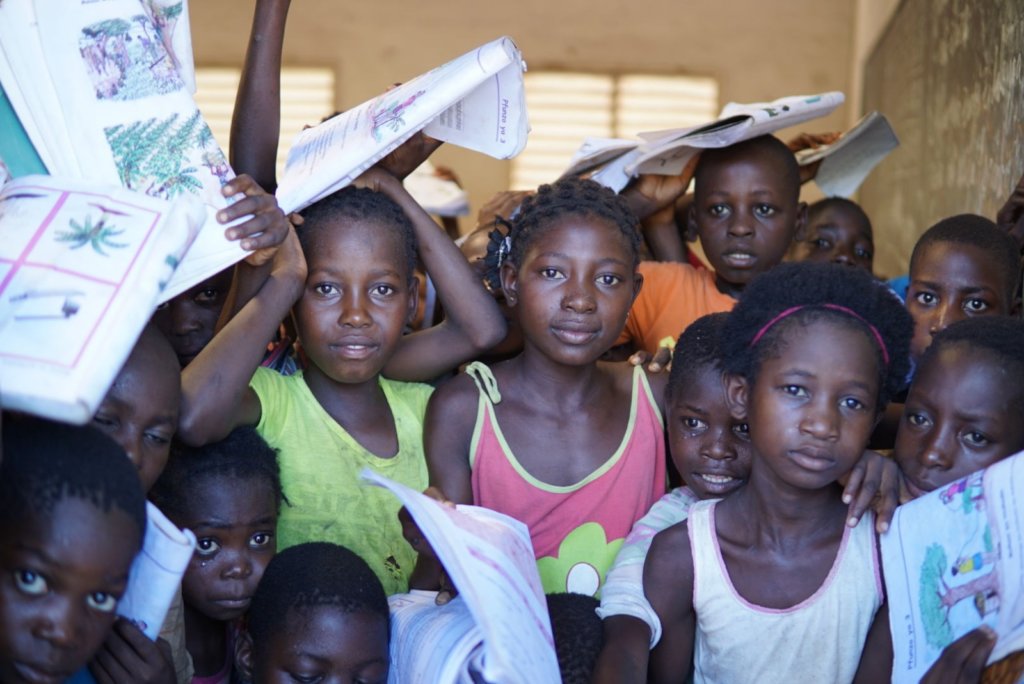By Roberta Pellizzoli | Project leader
Since our latest update, the spread of COVD-19 in Mozambique has rapidly increased, reaching almost 14,000 total cases since the beginning of the pandemic. The sharpest increase occurred at the same time of a relaxation of emergency measures, that the government introduced in order to avoid a severe economic and social crisis that is already affecting many families, as most of the country is facing a “stressed” or “crisis” Food Insecurity Phase.
However, this new phase in the COVID-19 crisis management in Mozambique has not resulted in relevant changes in the education sector: primary and secondary schools remain closed, except for final year students. This means that the wellbeing and access to rights of over 10 million Mozambican children in school age is at risk due to:
“The longer schools are closed, the greater the loss of learning time and the greater the chances that children, particularly girls, will not return to the classroom when schools reopen” (UNICEF 2020).
Notwithstanding some relevant progresses in key education indicators over the last two decades, such as access to school, the indirect effects of the COVID-19 pandemic are amplifying the fragilities of the sector:
Helpcode Italia’s core activities in Mozambique include supporting schools in rural areas and vulnerable families through a multidimensional approach that aims at enhancing their productive capacity while raising awareness on the importance of sending kids to school.
Drop-out rates will peak once the school reopens, as children who have been out of formal schooling for almost a year have been diverting their time to productive and care activities to support family’s needs.
The severe economic crisis that is unfolding in Mozambique is expected to severely impact on children and to expose more girls to the risks of violence, early pregnancies and marriages, transactional sex – as coping strategies to escape poverty.
In this context, providing girls with menstrual kits is part of a more comprehensive strategy that Helpcode adopts in Mozambique and it’s considered critical to promote dialogue on sexual and reproductive health rights.
We thank you for your support.
[1] https://www.unicef.org/mozambique/media/2531/file/The%20Impacts%20of%20COVID-19%20on%20Children%20in%20Mozambique%20.pdf
[2] https://www.globalpartnership.org/where-we-work/mozambique
[3] https://www.usaid.gov/mozambique/education#:~:text=The%20Ministry%20of%20Education%20reports,of%20males%20(60%20percent).
Project reports on GlobalGiving are posted directly to globalgiving.org by Project Leaders as they are completed, generally every 3-4 months. To protect the integrity of these documents, GlobalGiving does not alter them; therefore you may find some language or formatting issues.
If you donate to this project or have donated to this project, you can receive an email when this project posts a report. You can also subscribe for reports without donating.
